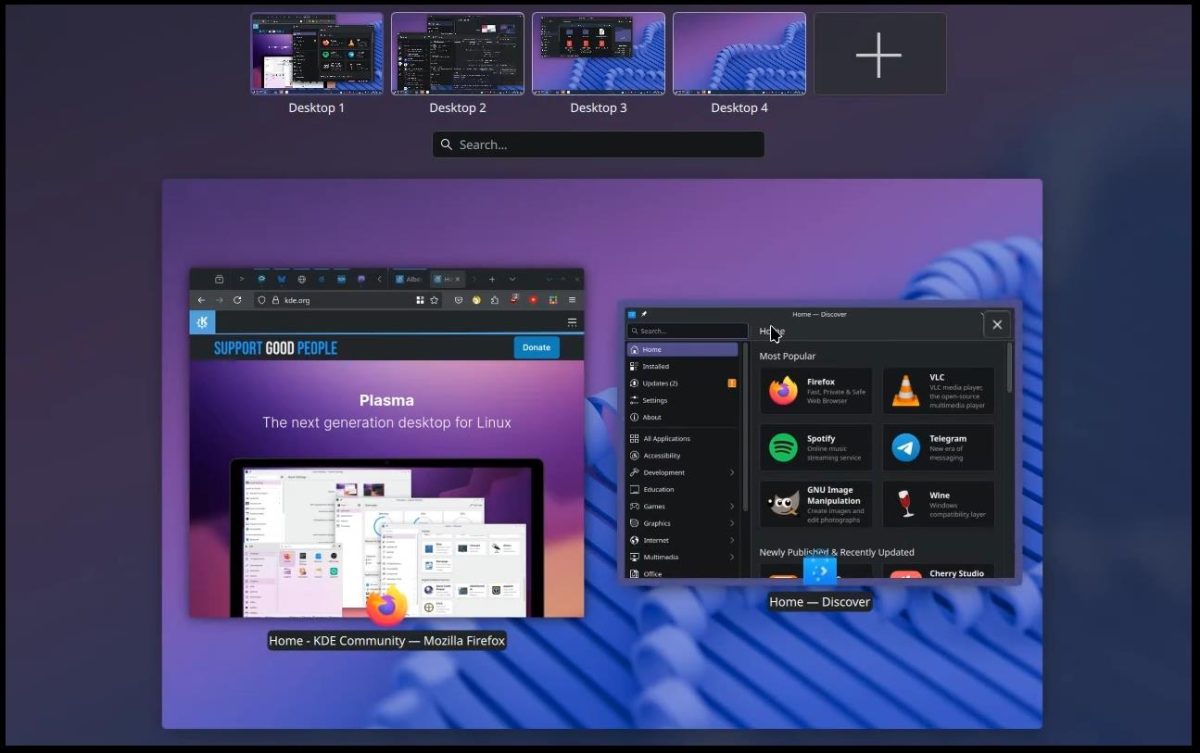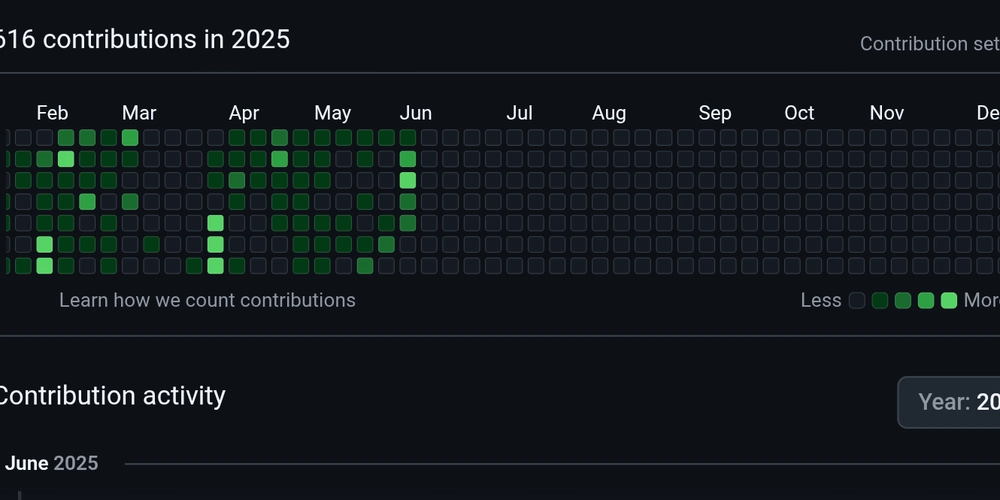Hidden Truths About Developer Experience: Three Key Insights From Our Research
Developer experience (DevEx) and developer productivity (DP) are hot topics. Many companies are already working actively to measure and improve them, while others, if not already doing this, are at least aware of them. However, what we’re interested in is what’s really happening inside companies when it comes to DevEx and DP. To get a […]

Developer experience (DevEx) and developer productivity (DP) are hot topics. Many companies are already working actively to measure and improve them, while others, if not already doing this, are at least aware of them. However, what we’re interested in is what’s really happening inside companies when it comes to DevEx and DP.
To get a clearer picture, we incorporated a range of questions on DevEx and DP into our annual Developer Ecosystem Survey (about 20,000 developers all over the world have submitted responses to this survey). The results are rather revealing. While there’s growing awareness of these topics, especially within larger companies, our research uncovered some gaps and blind spots. We believe that understanding what these are and how to overcome them will prove useful for our users and customers.
Here are three key insights from our research:
- How developers really feel about being measured? Most developers are generally okay with their productivity assessments as long as they are done transparently and fairly.
- Developer satisfaction with tools: desired but not measured. 55% of developers either don’t have their satisfaction with tools measured, or don’t know if it’s being measured.
- Team leads are carrying the burden of DevEx and DP, but should they? 51% of developers and 67% of tech leads agree that team leads are the primary drivers of DevEx and DP measurement.
How developers really feel about being measured
It’s easy to assume that developers might feel uncomfortable about the fact that their productivity and developer experience are being measured. After all, who enjoys being evaluated? But here’s the good news: most developers are generally okay with these assessments as long as they are done transparently and fairly.
Our research shows that 42% of developers feel comfortable with productivity assessments, while 40% report neutral feelings on the subject. That means only a small percentage actively dislike being assessed. And even then, the real problem isn’t measurement itself, it’s how it’s done.

The most common frustration? A lack of transparency.
Developers want to know how their work is being evaluated, why and what decision will be made based on it. Yet our data suggests that nearly half of developers (46%) don’t fully understand how their productivity data is used in decision-making. Without this clarity, these efforts risk being perceived as arbitrary or unfair.
Among other issues are a lack of constructive feedback following assessments and the use of methods and metrics that are sub-optimal from developers’ perspective.
Developers want actionable insights based on the results of evaluations so they can grow and improve. And many companies still solely rely on activity-based measurements like counting commits or code changes, that provide a limited overview of productivity and offer little value for meaningful feedback.

Developer satisfaction with tools: desired but not measured
What’s one of the biggest contributors to a great developer experience? Good tools. When tools are smooth, functionable, and reliable, developer frictions are minimized. When tools are slow, hard to use and unstable, developer frictions (long feedback loops, high cognitive load, inability to get into the flow state) flourish.
Yet, our research shows that 55% of developers either don’t have their satisfaction with tools measured, or don’t know if it’s being measured. This is upsetting. If companies aren’t paying attention to satisfaction with tools, how can they improve developer experience?

Why is this a problem?
Developers spend hours every day working with their tools. Small inefficiencies add up quickly. And frustration with tools potentially leads to lower productivity and even attrition. If a developer struggles with inefficient workflows for too long, feeling unproductive and not cared about, they may eventually just leave for a company that prioritizes developer experience and cares about developers.
Team leads are carrying the burden of DevEx and DP, but should they?
When it comes to developer productivity and developer experience, who is actually responsible? In most companies, regardless of size, team leads take (or are expected to take) ownership of these efforts. Our data shows that 51% of developers and 67% of tech leads agree that team leads are the primary drivers of DevEx and DP measurement.
This looks as a logical choice, team leads work closely with developers and understand their challenges. But there’s a question: are team leads actually ready to take on this responsibility? How well-equipped and trained are they for this task, do they have real authority to influence company-wide decisions regarding tools, DP, and DevEx? Or has this responsibility been pushed onto them without real sufficient support?
In large companies, dedicated specialists (30%) and platform engineering teams (28%) are becoming important players in measuring and improving DevEx and DP, according to tech leads. In smaller companies, these roles are less common, with only 16% and 17% of tech leads respectively naming them as responsible.


Final thoughts
Our research shows that while developer experience and productivity are in the focus for many companies, some of them still face challenges in measuring, understanding, and improving them.
Transparency and clarity in DevEx and DP assessment matters
Developers aren’t against being measured, but they need to understand the “how” and “why” behind the process and get constructive, useful feedback based on it.
The right tools make all the difference, but how can you be sure a tool is right for your developers if you don’t ask them?
Poor and unsuitable tooling creates friction, yet many companies fail to track developer satisfaction with their tools.
Developer experience isn’t just the responsibility of team leads
While team leads currently play an essential role in measuring DevEx and DP, over-relying on them without support from dedicated teams and a broader, structured approach can lead to inconsistent efforts across teams within the company and team lead burnout.
Our series exploring how market and user research is done at JetBrains continues. Want to learn more about research insights and take part in future JetBrains studies? Join our JetBrains Tech Insights Lab!










































































![iOS 18 Adoption Reaches 82% [Chart]](https://www.iclarified.com/images/news/97512/97512/97512-640.jpg)
![Apple Shares Official Trailer for 'The Wild Ones' [Video]](https://www.iclarified.com/images/news/97515/97515/97515-1280.jpg)






























































































































































































































![[The AI Show Episode 151]: Anthropic CEO: AI Will Destroy 50% of Entry-Level Jobs, Veo 3’s Scary Lifelike Videos, Meta Aims to Fully Automate Ads & Perplexity’s Burning Cash](https://www.marketingaiinstitute.com/hubfs/ep%20151%20cover.png)

































































































































































![[DEALS] FileJump 2TB Cloud Storage: Lifetime Subscription (85% off) & Other Deals Up To 98% Off – Offers End Soon!](https://www.javacodegeeks.com/wp-content/uploads/2012/12/jcg-logo.jpg)




















-0-8-screenshot.png?width=1920&height=1920&fit=bounds&quality=70&format=jpg&auto=webp#)
.jpg?width=1920&height=1920&fit=bounds&quality=70&format=jpg&auto=webp#)





































































